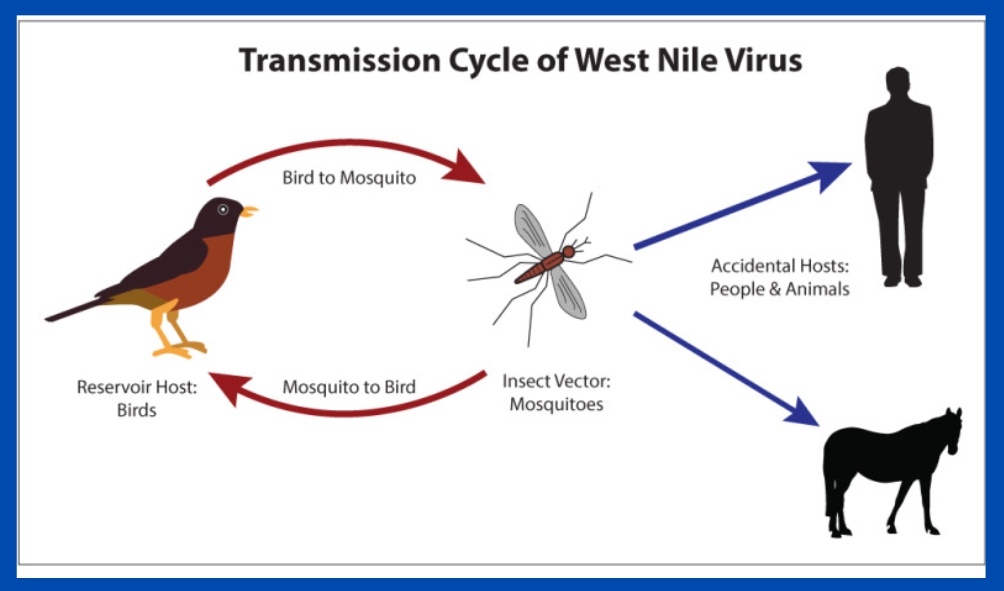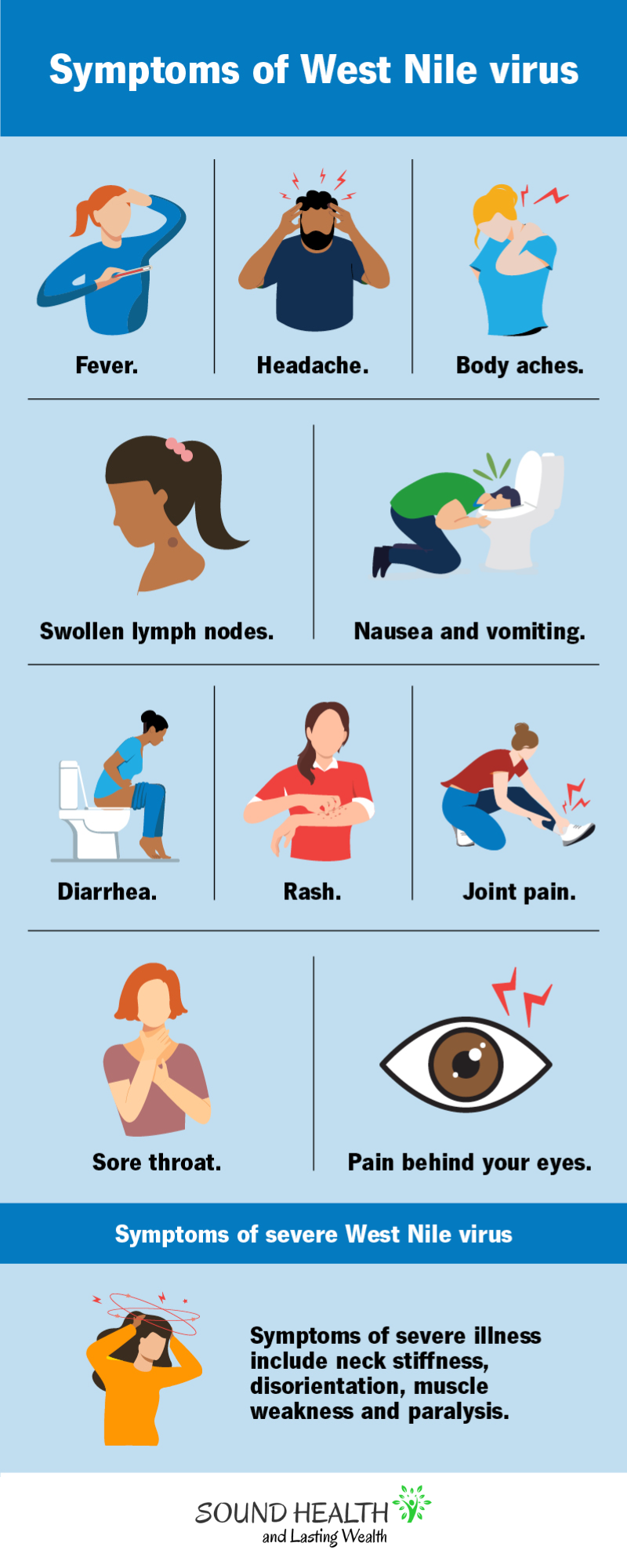Dr. Anthony Fauci, a prominent figure in public health, is currently recovering at home after a six-day hospitalization due to the West Nile virus. This unexpected health scare has garnered significant media attention, highlighting both the risks associated with mosquito-borne illnesses and the importance of preventive measures.
Fauci’s Hospitalization and Recovery
According to reports, Fauci was hospitalized after developing symptoms that led to the diagnosis of West Nile virus. A spokesperson confirmed that he is expected to make a full recovery and is now recuperating at home. This incident underscores the vulnerability that even well-known health experts can face when it comes to infectious diseases.

Fauci joined the NIH in 1968 as a clinical associate in the NIAID’s Laboratory of Clinical Investigation (LCI). He quickly rose through the ranks, becoming the head of the LCI’s Clinical Physiology Section in 1974 and the Deputy Clinical Director at the NIAID in 1977. In 1984, Fauci began his tenure as the Director of the NIAID, a position he held for 39 years until his retirement at the end of 2022.
During his illustrious career, Fauci made significant contributions to the understanding of the human immune response and developed therapies for formerly fatal diseases such as polyarteritis nodosa, granulomatosis with polyangiitis, and lymphomatoid granulomatosis. He also played a crucial role in the early response to the HIV/AIDS epidemic, working to develop strategies for the therapy and immune reconstitution of patients with the disease, as well as for a vaccine to prevent HIV infection.
West Nile virus: What you need to know
West Nile virus (WNV) is a potentially serious illness transmitted primarily through the bite of infected mosquitoes. It can lead to severe neurological diseases, although most infected individuals experience mild symptoms or none at all. The Centers for Disease Control and Prevention (CDC) notes that common symptoms include:
- Fever
- Headache
- Body aches
- Vomiting
- Diarrhea
- Rash
In Fauci’s case, he experienced fever, chills, and severe fatigue, which prompted his hospitalization. The virus is endemic in many parts of the United States, particularly during warmer months when mosquito activity peaks.
Preventive Measures Against West Nile Virus
Preventing West Nile virus infection is crucial, especially during peak mosquito seasons. The CDC recommends several strategies to reduce the risk of mosquito bites:
- Use insect repellent: Apply EPA-registered repellents containing DEET, picaridin, or oil of lemon eucalyptus.
- Wear protective clothing: Long sleeves and pants can help shield against bites, particularly during dawn and dusk when mosquitoes are most active.
- Eliminate standing water: Mosquitoes breed in stagnant water, so it’s important to regularly empty containers that collect water around your home.
- Install screens: Ensure windows and doors are fitted with screens to prevent mosquitoes from entering your home.
How Does West Nile Spread to Humans?
West Nile virus (WNV) primarily spreads to humans through the bite of an infected female mosquito. Here’s a detailed explanation of how this transmission occurs:

Transmission Process
- Mosquito Infection: The cycle of West Nile virus transmission begins when a female mosquito bites an infected bird. Birds, particularly species such as crows, jays, and ravens, are the primary hosts for the virus. When mosquitoes feed on the blood of these infected birds, they acquire the virus.
- Human Infection: Once a mosquito is infected, it can transmit the virus to humans and other animals through its saliva during a subsequent blood meal. When the mosquito bites a human, it injects saliva containing the virus, which can then enter the human bloodstream.
- Infection Rates: Most people who are bitten by an infected mosquito do not develop symptoms; approximately 70-80% remain asymptomatic. About 20% may experience mild symptoms such as fever and body aches, while a small percentage (around 1 in 150) can develop severe neurological diseases like West Nile encephalitis or meningitis.
Other Routes of Transmission
While the primary mode of transmission is through mosquito bites, there are rare instances where West Nile virus can spread through:
- Blood Transfusions: In a few documented cases, the virus has been transmitted through blood transfusions. This has led to blood screening practices to reduce the risk of transmission.
- Organ Transplants: Similar to blood transfusions, there have been cases of transmission through organ transplantation.
- Mother-to-Child Transmission: There is also a small risk of the virus being transmitted from a mother to her baby during pregnancy, delivery, or breastfeeding.
Treatment for West Nile Virus
West Nile virus (WNV) is primarily transmitted through mosquito bites and can lead to a range of symptoms, from mild flu-like illness to severe neurological complications. While there is no specific antiviral treatment for WNV, management focuses on supportive care tailored to the severity of the symptoms.
General Treatment Approach
Supportive Care:
The cornerstone of WNV treatment is supportive care, which includes:
- Rest and Hydration: Patients are encouraged to rest and maintain adequate fluid intake to prevent dehydration.
- Pain Management: Over-the-counter pain relievers such as ibuprofen or acetaminophen can help alleviate headaches and muscle aches. Aspirin should be avoided in cases where there is a risk of bleeding or if the patient is under 18 years old due to the risk of Reye’s syndrome.
Severe Cases:
For patients who develop severe symptoms, such as encephalitis or meningitis, hospitalization may be necessary. Treatment may include:
- Intravenous (IV) Fluids: To maintain hydration and electrolyte balance.
- Monitoring: Close observation for complications such as elevated intracranial pressure and seizures.
- Ventilatory Support: In cases of respiratory failure, patients may require mechanical ventilation.
- Medications: While no specific antiviral agents have proven effective, some treatments are being researched, including:
- Interferon therapy: Investigated for its potential to enhance the immune response.
- Polyclonal immunoglobulin: This therapy aims to provide passive immunity.
- Corticosteroids: Used in some cases to reduce inflammation.
Preventive Measures:
Since there is no vaccine for WNV, prevention remains crucial. Recommended strategies include:
- Mosquito Control: Community-level efforts to reduce mosquito populations.
- Personal Protection: Using insect repellents, wearing long sleeves and pants, and avoiding outdoor activities during peak mosquito hours (dawn and dusk).
- Environmental Management: Eliminating standing water around homes to reduce mosquito breeding sites.
The Broader Context of Mosquito-Borne Illnesses
Fauci’s hospitalization brings attention not only to West Nile virus but also to the broader category of mosquito-borne illnesses. Other diseases such as Eastern equine encephalitis (EEE) and Zika virus pose significant health risks and can lead to severe complications. Public health officials are increasingly vigilant, especially in areas reporting heightened mosquito activity.
Expert Insights on Public Health
Fauci’s career has been marked by his commitment to science and public health advocacy. His recent experience serves as a reminder of the ongoing challenges posed by infectious diseases. Experts encourage the public to remain informed and proactive regarding health risks, particularly in light of changing climate conditions that can affect mosquito populations.

FAQs
Q. What are the symptoms of West Nile virus?
A. Symptoms can range from mild flu-like signs to severe neurological issues. Common symptoms include fever, headache, and body aches.
Q. How is West Nile virus transmitted?
A. It is primarily transmitted through the bite of infected mosquitoes, which can acquire the virus from feeding on infected birds.
Q. Is there a vaccine for West Nile virus?
Currently, there is no vaccine available for humans, making preventive measures essential.
Conclusion
Dr. Anthony Fauci’s recovery from the West Nile virus is a significant event that highlights the importance of awareness and prevention regarding mosquito-borne illnesses. As we continue to navigate public health challenges, it is crucial to stay informed and take proactive steps to protect ourselves and our communities.
Also Read | How to Actually Prevent Mosquito Bites, According to Experts









